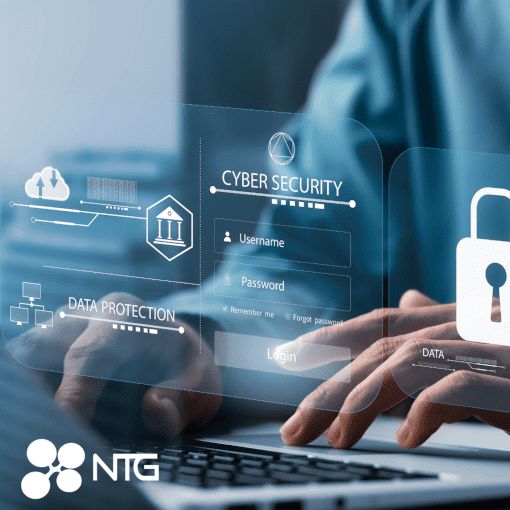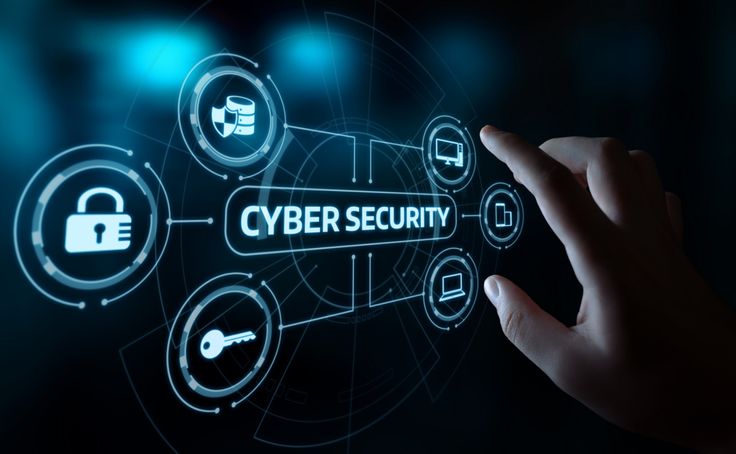Ethical Hacking: A Cornerstone of Cybersecurity : Ethical hacking is a cornerstone of modern cybersecurity strategies, playing a vital role in helping organizations defend against potential threats. By simulating attacks and identifying vulnerabilities, ethical hackers provide a proactive approach to maintaining robust security in an increasingly digital world. Their work is essential for protecting sensitive data, ensuring compliance with regulations, and fortifying systems against malicious activities.
Understanding Ethical Hacking : Ethical hacking involves the authorized testing of systems to identify security weaknesses before they can be exploited by malicious actors. The primary goal of ethical hacking is to enhance security measures by uncovering and addressing potential vulnerabilities. Ethical hackers use a variety of techniques, including penetration testing, vulnerability assessments, and social engineering, to evaluate the resilience of systems. Tools like Metasploit, Nmap, and Wireshark are commonly used in these assessments to simulate attacks and analyze systems, ultimately helping to strengthen system defenses and protect data.
The Benefits of Ethical Hacking : The practice of ethical hacking offers numerous benefits to organizations. One of the most significant advantages is the identification of vulnerabilities that could be exploited by malicious hackers. By exposing these weaknesses, ethical hackers enable organizations to address security gaps proactively. Additionally, the recommendations provided by ethical hackers help improve security protocols and infrastructure, leading to enhanced overall security measures. Regular ethical hacking assessments also ensure that organizations comply with industry standards and legal requirements, thereby reducing the risk of regulatory penalties and reputational damage.
Common Ethical Hacking Practices : Ethical hackers employ various practices to assess and improve security within organizations. Penetration testing is a common method used to simulate attacks and evaluate system resilience, allowing organizations to understand how their systems would hold up under real-world attack scenarios. Vulnerability assessments involve identifying and analyzing weaknesses in systems, which ethical hackers then use to recommend effective remediation strategies. Additionally, ethical hackers often conduct social engineering tests, which assess the human element of security by attempting to manipulate individuals into revealing confidential information.
Ethical Hacking vs. Malicious Hacking : Understanding the distinction between ethical and malicious hacking is crucial in the cybersecurity field. The key difference lies in intent: ethical hackers operate with permission and aim to protect systems, while malicious hackers seek personal gain through exploitation. Ethical hacking is conducted within legal frameworks, adhering to codes of conduct and professional standards to ensure that the work is both responsible and legal. In contrast, malicious hacking involves criminal activity and poses significant risks to individuals and organizations alike.
How Ethical Hacking Enhances Cybersecurity : Ethical hacking plays a proactive role in enhancing cybersecurity by identifying and fixing vulnerabilities before they can be exploited by attackers. By simulating real-world scenarios, ethical hackers help prevent breaches that could lead to significant financial and reputational damage. Case studies and successful interventions, such as the discovery of critical vulnerabilities by ethical hackers, demonstrate the value of their work in safeguarding digital assets. Moreover, regular ethical hacking assessments contribute to continuous improvement in security practices, ensuring that organizations stay ahead of emerging threats.
Challenges in Ethical Hacking : Despite its many benefits, ethical hacking is not without its challenges. The constantly evolving threat landscape requires ethical hackers to continuously adapt and update their testing techniques to address new threats and attack methods. Additionally, navigating legal and ethical dilemmas can be complex, particularly in situations where the boundaries of what is permissible are not clearly defined. Technical limitations also pose challenges, as some vulnerabilities may remain undetected due to the constraints of current tools and methods.
The Future of Ethical Hacking : Looking to the future, several trends are expected to shape the evolution of ethical hacking. Emerging technologies, such as artificial intelligence (AI) and machine learning, are poised to enhance ethical hacking practices by automating processes and improving the accuracy of vulnerability detection and analysis. As threats become more sophisticated, ethical hacking methods will need to evolve to keep pace, incorporating new tools and techniques to counter these advanced threats. The integration of AI in ethical hacking is particularly promising, offering the potential to streamline security assessments and provide more comprehensive protection against cyberattacks.
How to Become an Ethical Hacker : For those interested in pursuing a career in ethical hacking, certain skills and qualifications are essential. A strong foundation in cybersecurity, programming, and networking is crucial for success in this field. Additionally, obtaining certifications such as Certified Ethical Hacker (CEH) and Certified Information Systems Security Professional (CISSP) can significantly enhance career prospects. Ethical hackers can pursue a variety of career pathways, ranging from security analyst roles to specialized positions in penetration testing and security consulting, with opportunities to work in diverse industries and environments.
Ethical hacking is a vital component of a comprehensive cybersecurity strategy. By identifying and addressing vulnerabilities, ethical hackers play a crucial role in safeguarding digital assets against potential threats. As technology continues to evolve and cyber threats become more sophisticated, the importance of ethical hacking in maintaining robust security will only increase. Ethical hackers are essential in the ongoing effort to protect organizations and individuals from the ever-present dangers of the digital world.









Leave your reply